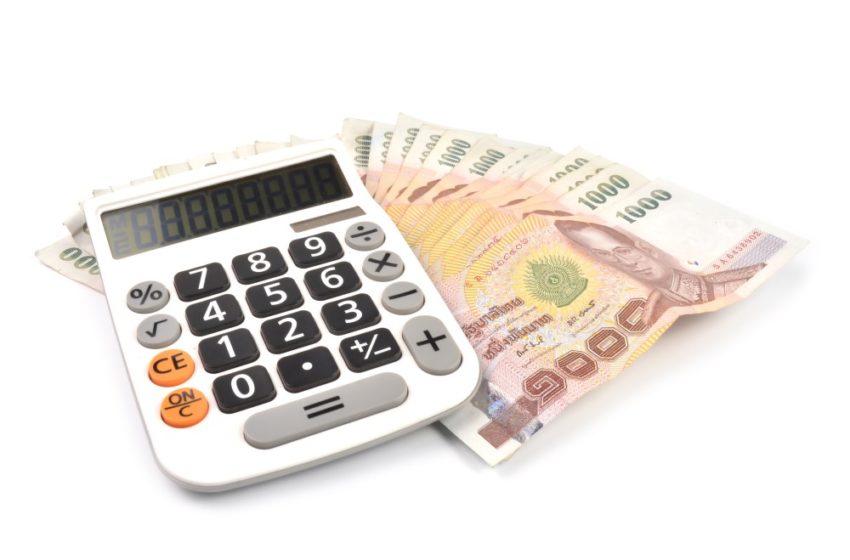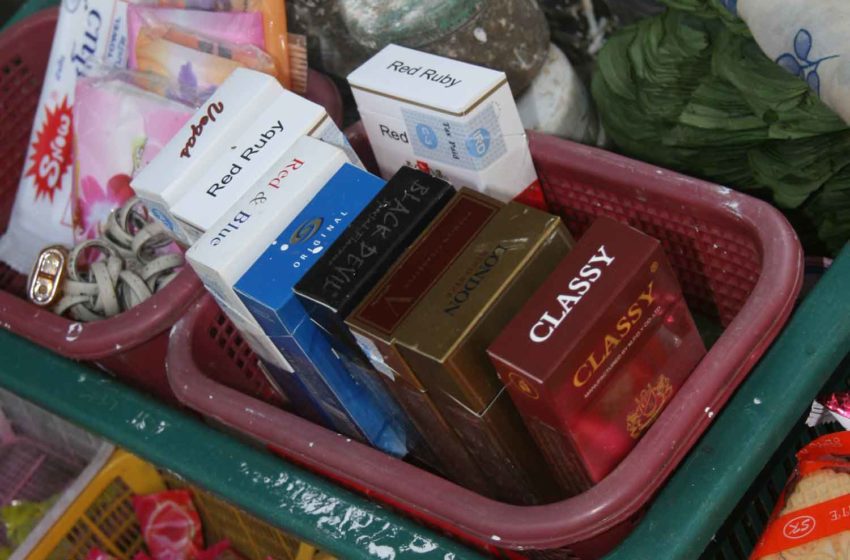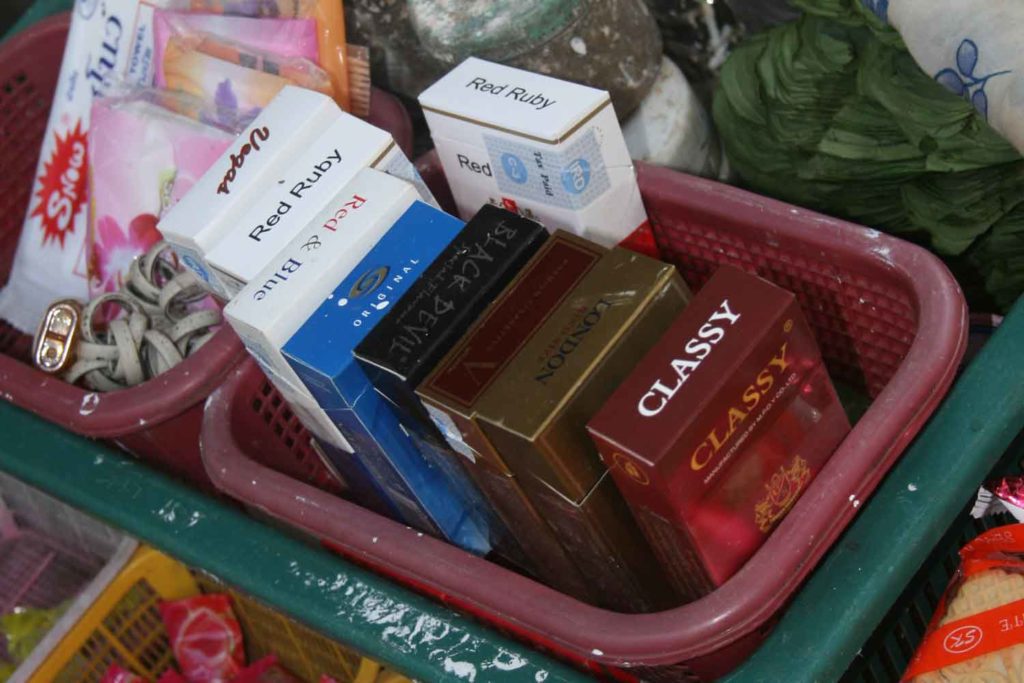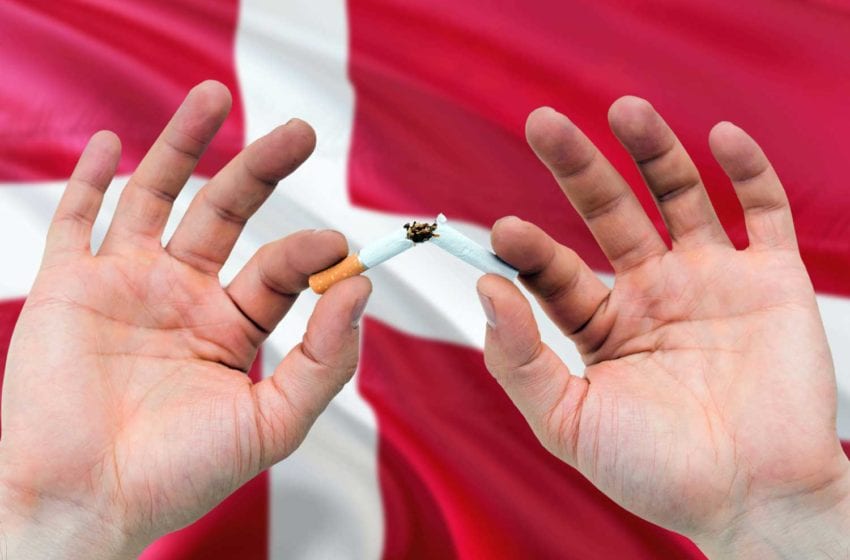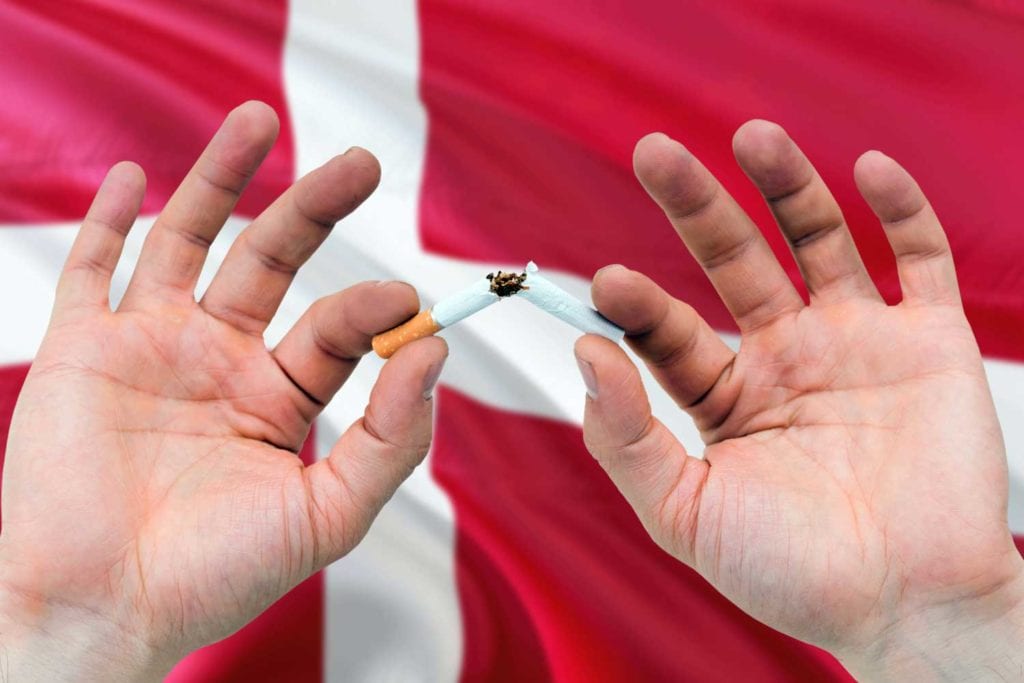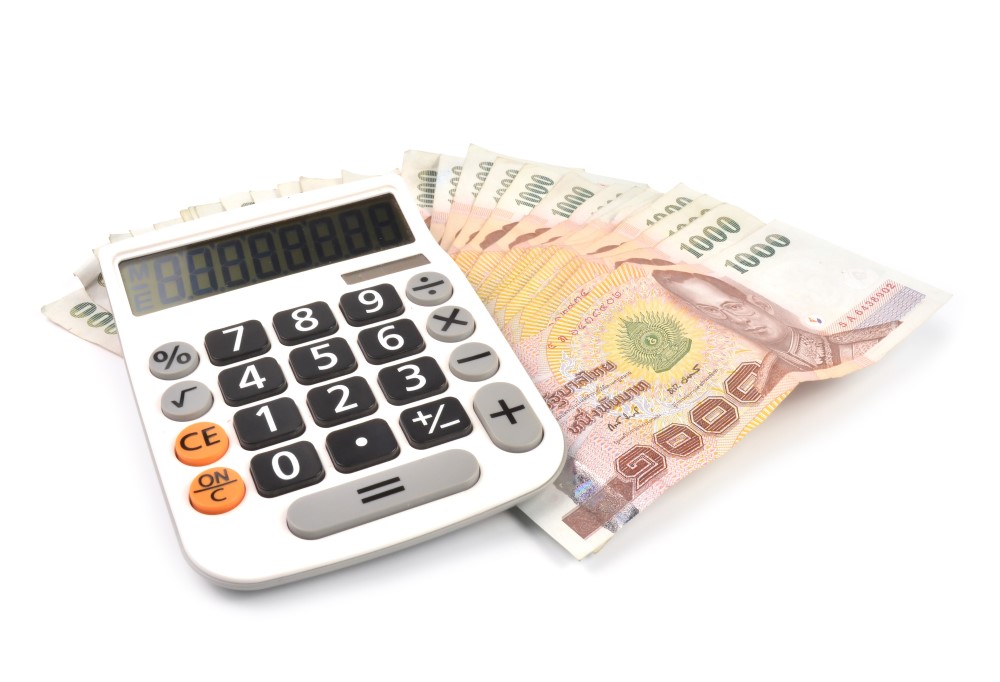
According to the Bangkok Metropolitan Administration (BMA), the city will implement its first-ever tobacco tax. The new structure will tax each cigarette up to THB0.10 ($0.003) satang per stick, according to Thaiger.
The Tobacco Tax for Local Maintenance is intended to limit tobacco consumption, and the tax collected will be used “for maintenance of Bangkok city,” according to Suthathip Son-iam, permanent secretary of the BMA.
Other jurisdictions in Thailand already have tobacco taxes in place, and many companies previously warehoused their cigarettes in Bangkok to avoid paying taxes prior to distribution.
“The new tobacco tax can be announced after the city finished amending the Bangkok Administration Act of 1985 to include tax collection and other related clauses under the Plans and Process of Decentralization to Local Government Organization Act of 1999,” according to Son-iam. Previous attempts to amend the act failed.
There is no date for the tax’s introduction as of yet; the Cabinet must approve it first.

